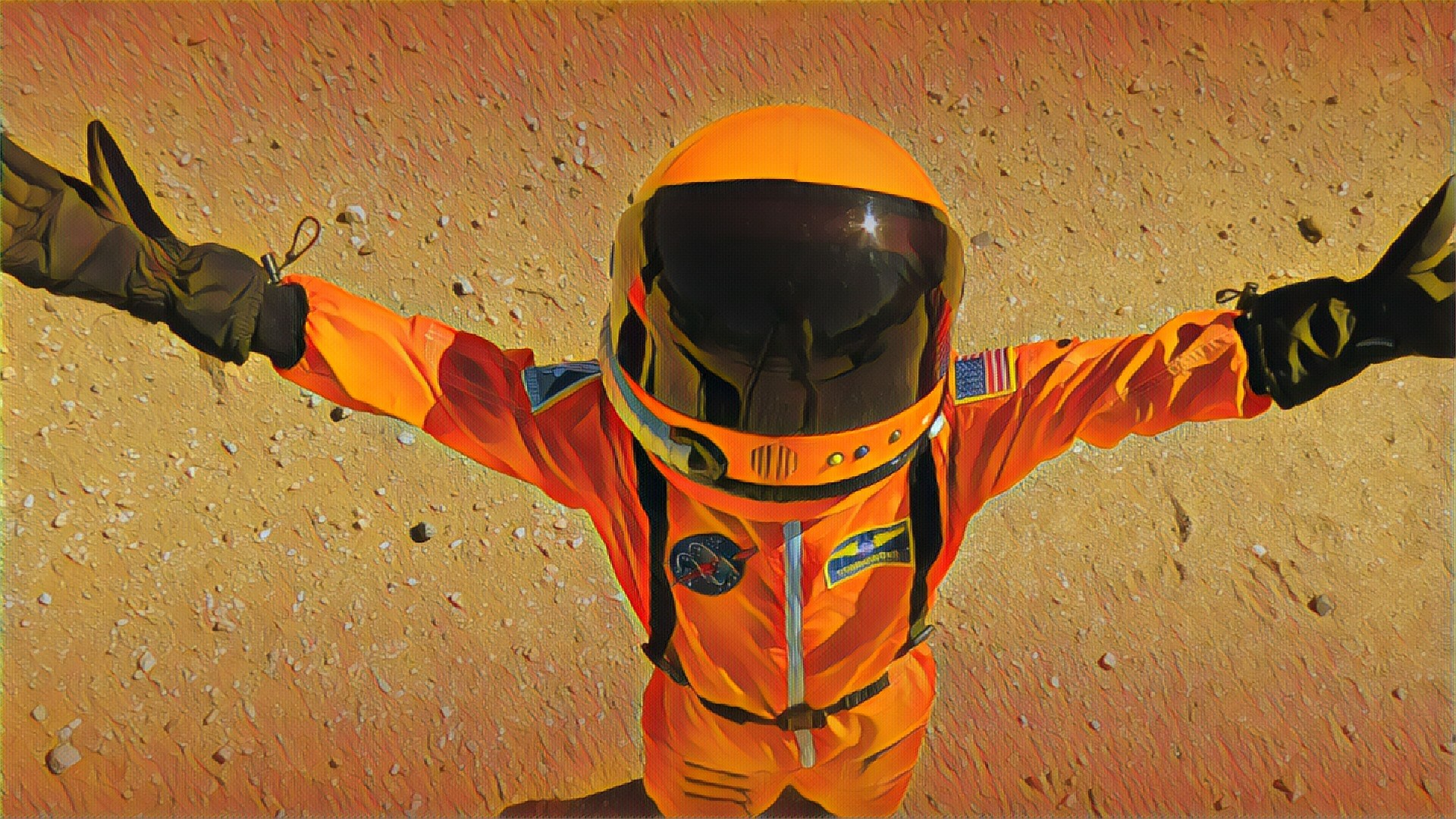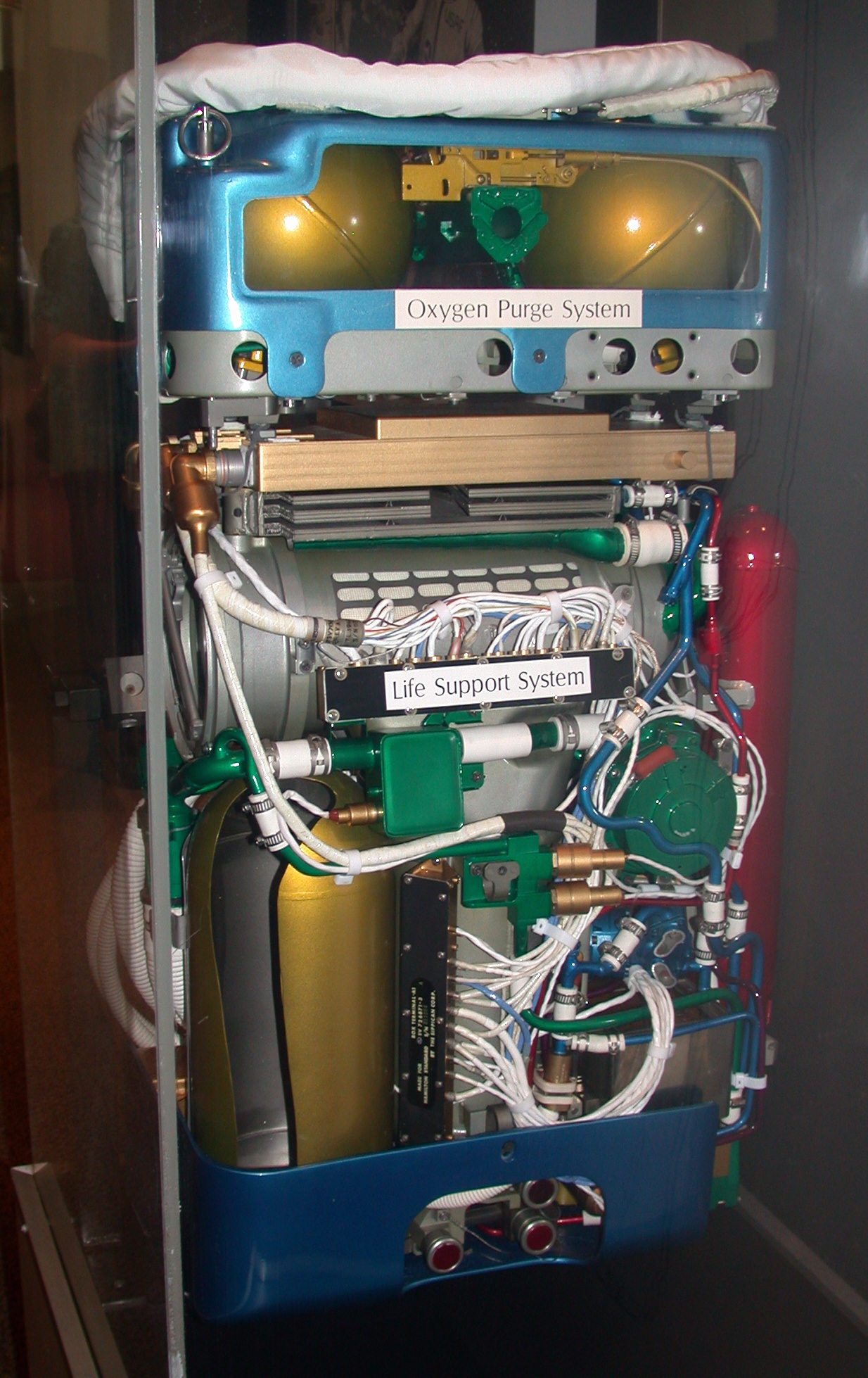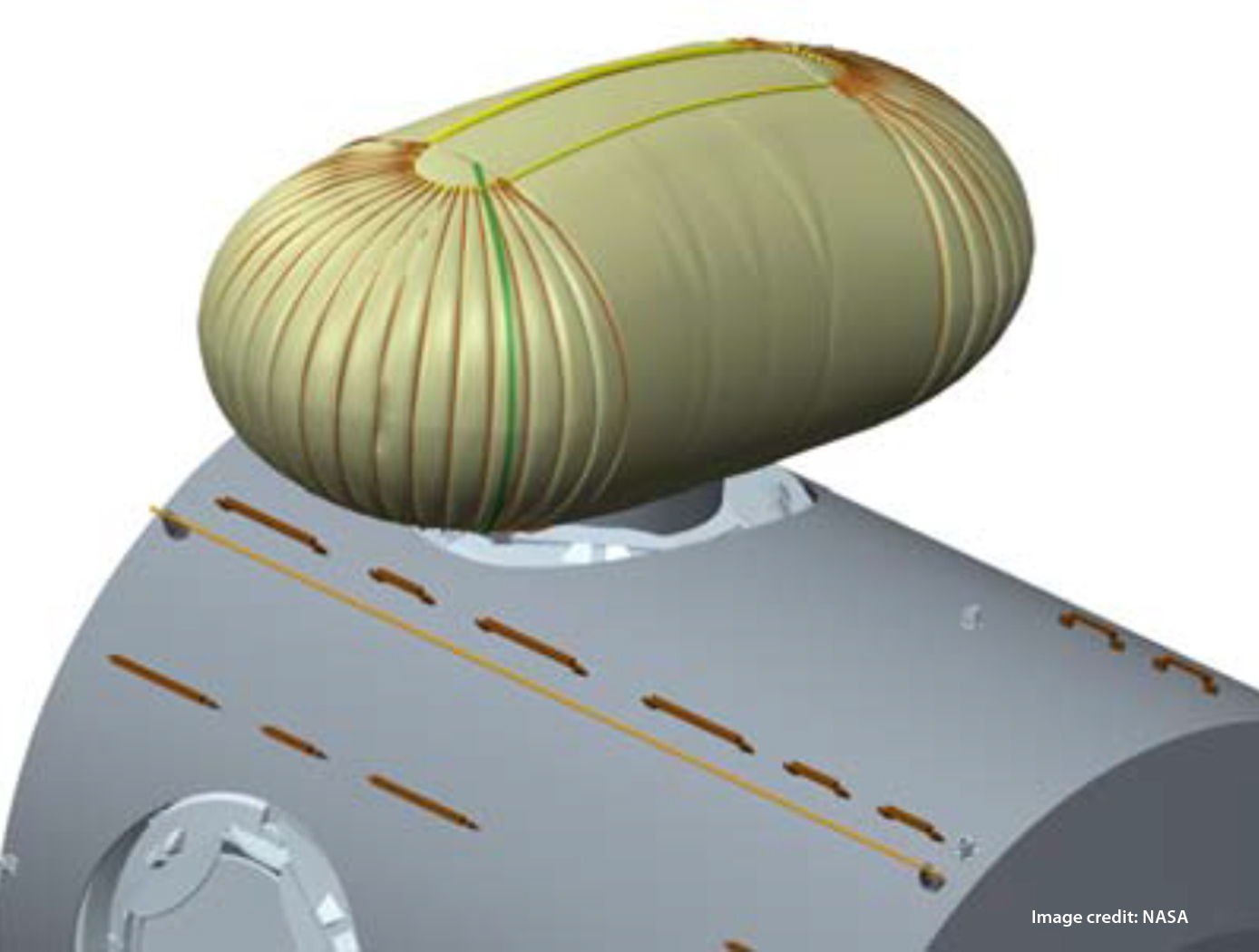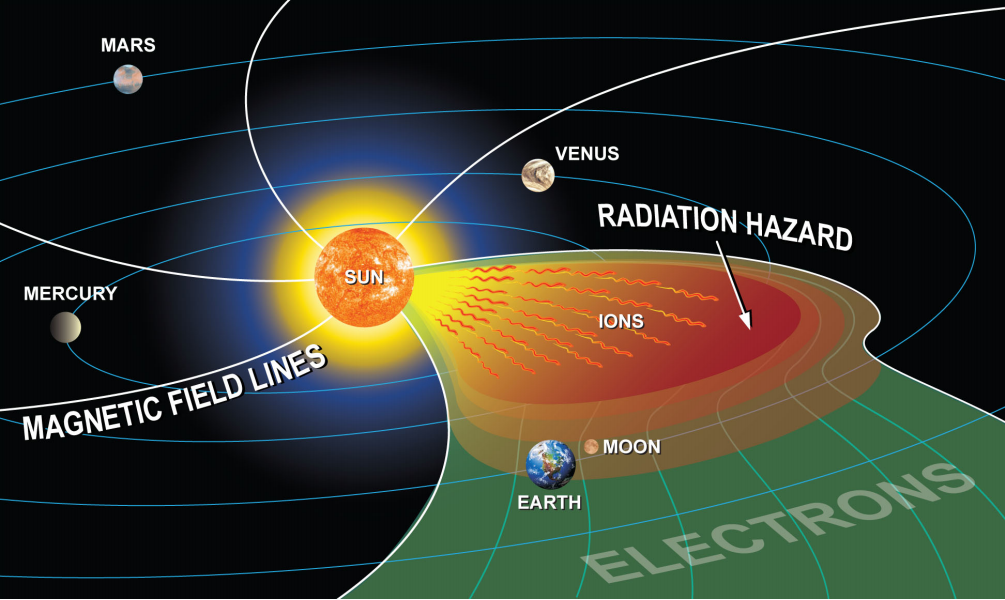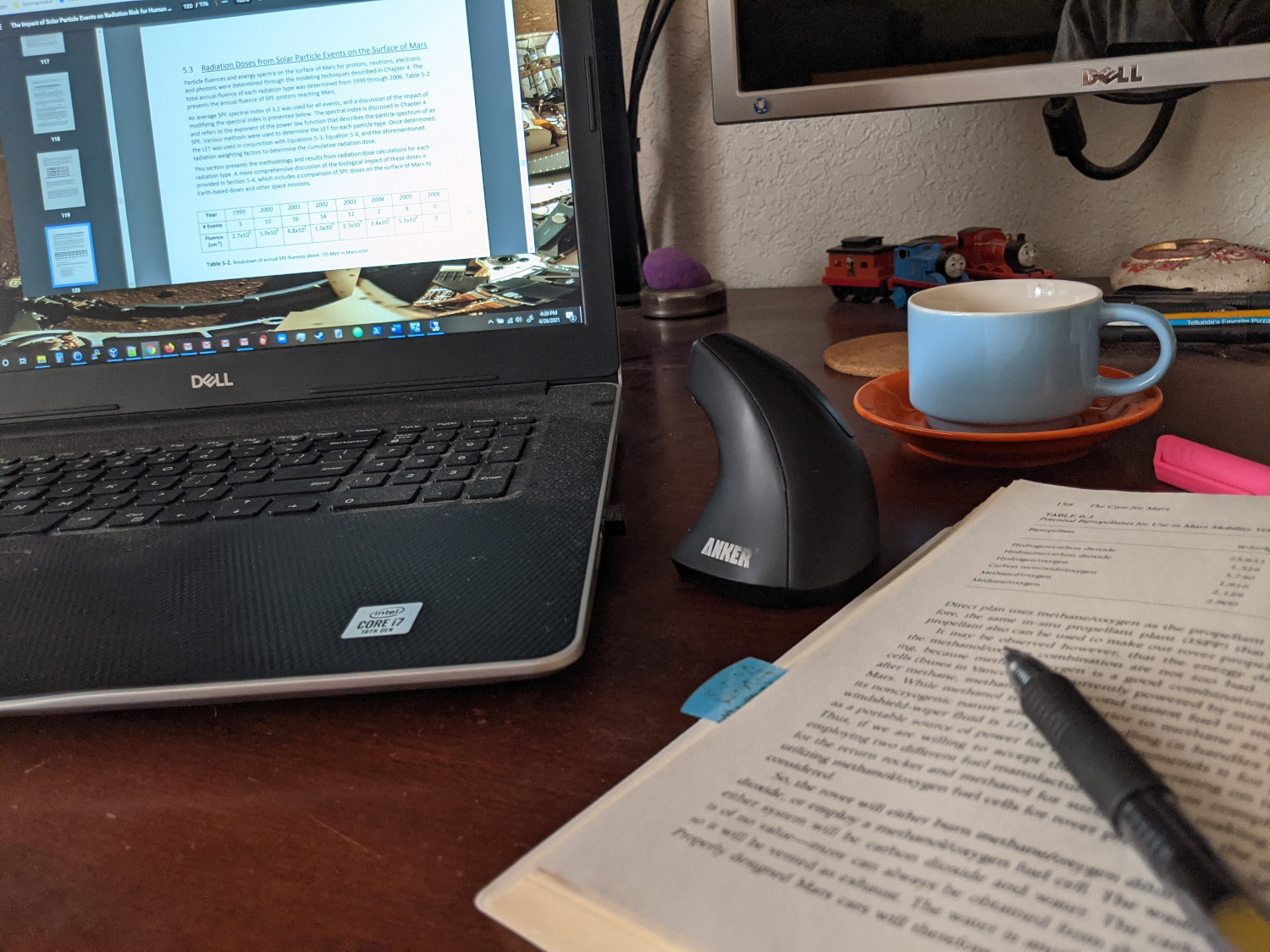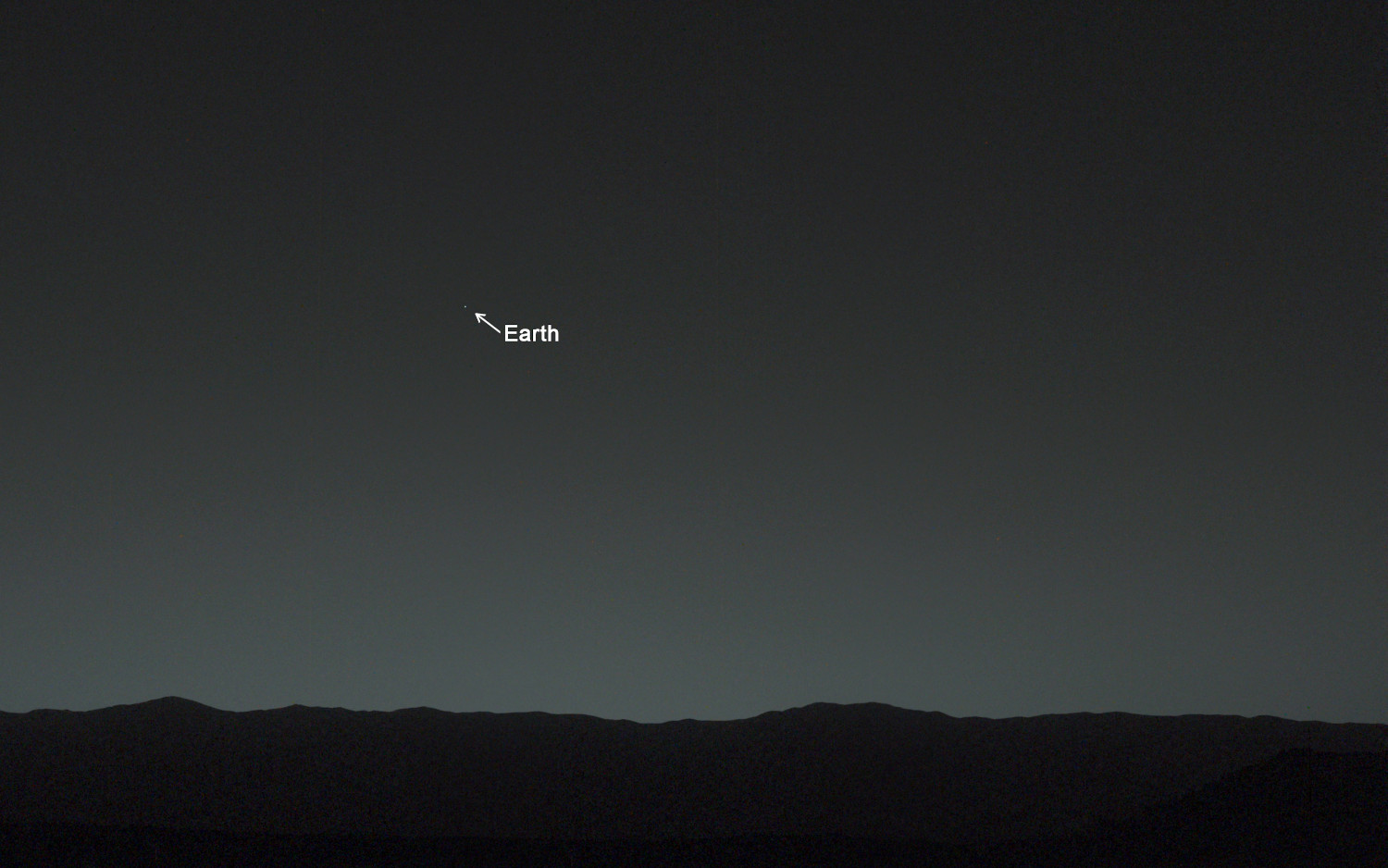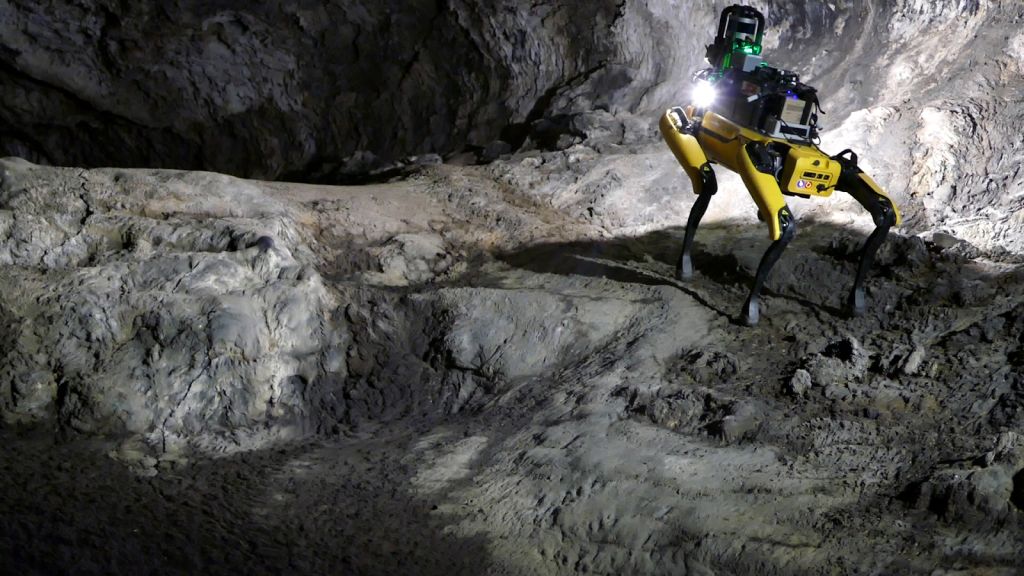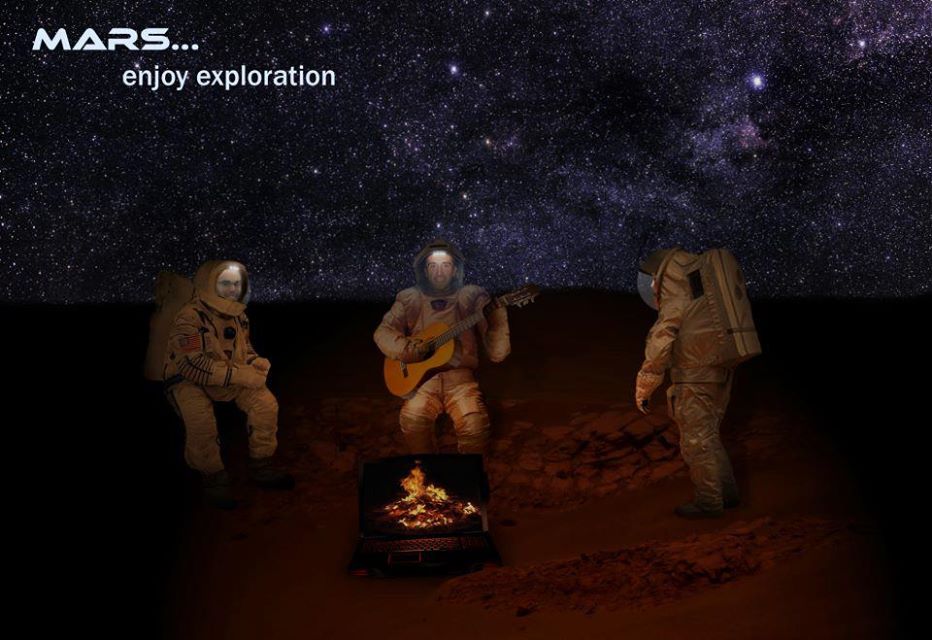Today’s word count: -1461
I said changing tooling at this stage would be dangerous.
But I expected this. It’s all part of the Delta-v equation for putting a story together.
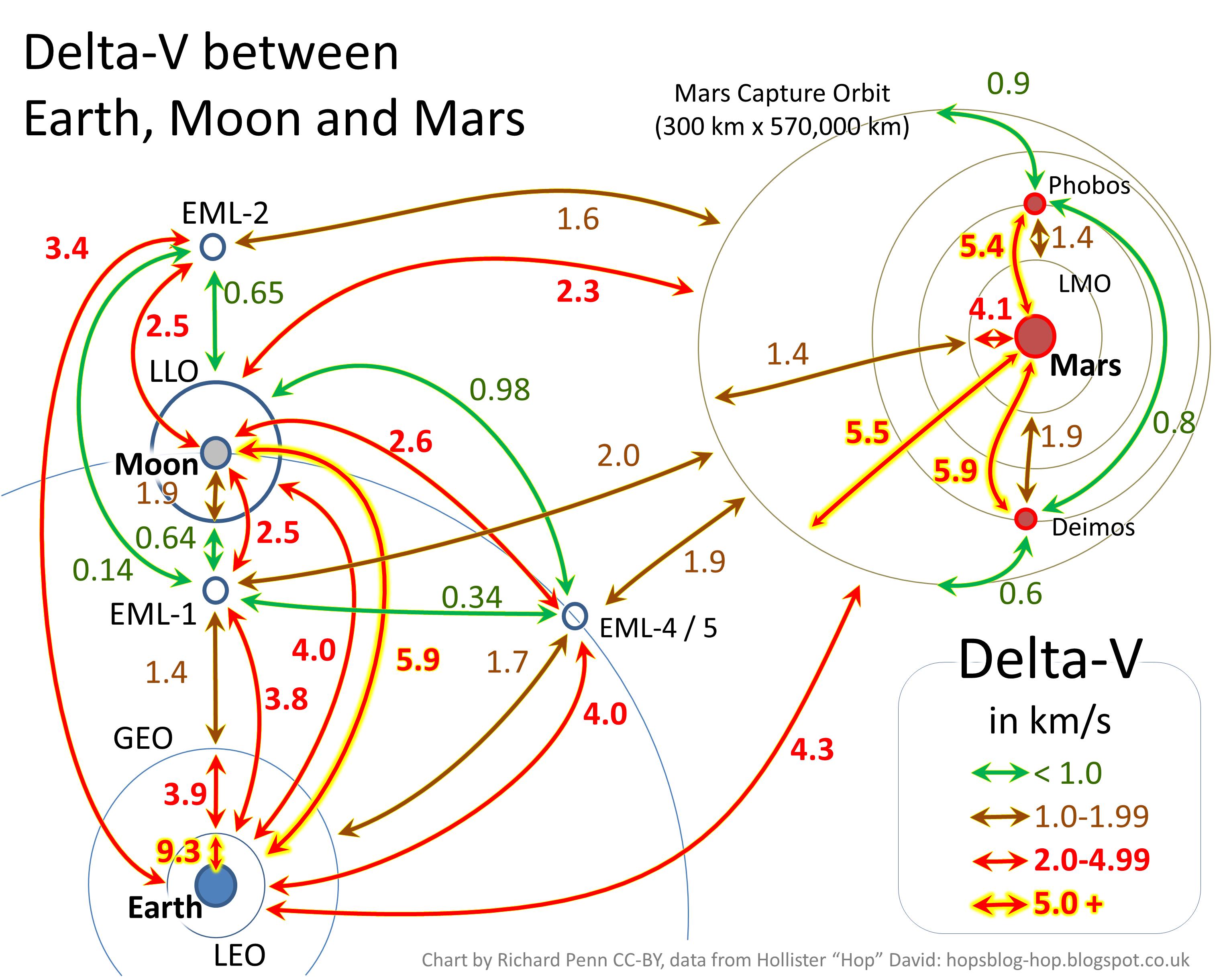
That figure reflects the 2063 words removed in redundant sections and the 602 new words I wrote today.
So far, I’m digging Scrivener. Splitting and moving segments around is trivial: exactly what I need as I start bringing sections together into a coherent whole.
image: Richard F. Penn (https://commons.wikimedia.org/wiki/File:Delta_V_Earth_Moon_Mars.png)
